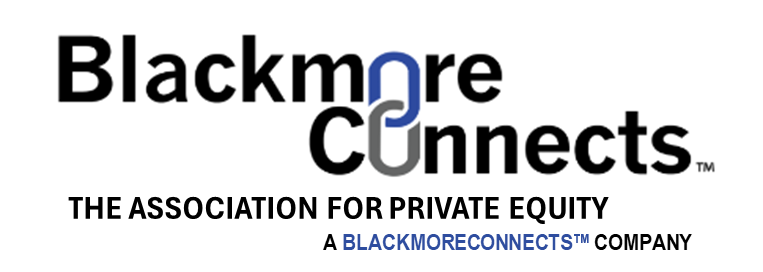Does it make sense to invest in PE Networking and Knowledge? Lets examine the facts
Written By: Gerald O’Dwyer III
The PE Guru — Blackmore Partners, Inc | July 29, 2024
If you are an executive contemplating whether to invest in private equity (PE) knowledge and networking, here are some arguments to consider:
While investing in PE knowledge and networking might seem like an unnecessary expense, especially in challenging economic times, the benefits can be significant.
These investments can provide you with the tools and resources needed to navigate the current environment, take advantage of opportunities, and position yourself for success in the long term.
1. Competitive Advantage:
2. Access to Capital:
3. Operational Expertise:
4. Market Consolidation:
5. Exit Strategy:
6. Risk Mitigation:
7. Global Expansion:
8. Learning and Development:
· In a recession and high-inflation environment, capital becomes more expensive, and growth can slow down. PE firms often have the financial muscle and operational expertise to navigate these tough times. By not investing in PE knowledge, you might miss out on opportunities to create a competitive edge for your business.
· With traditional bank financing potentially becoming more difficult to secure in a recession and inflationary environment, PE firms can provide much-needed capital to fuel growth or stabilize operations.
· PE firms often bring in industry experts and operational improvement specialists as part of their investment. This can help companies optimize their operations, reduce costs, and improve margins, which is crucial during recessionary times.
· Recessions often lead to market consolidation, where stronger players acquire weaker ones. By aligning with a PE firm, you may be able to take advantage of this trend and grow your market share.
· For business owners or executives looking for an exit, PE firms can be a valuable partner. They can help prepare the business for sale and find potential buyers, ensuring you get the best possible deal.
· PE firms typically have a diverse portfolio of investments. By joining a PE-backed company, you might reduce your professional risk as these firms are better positioned to weather economic downturns.
· Many PE firms have a global presence. This can provide you with the opportunity to tap into new markets and leverage the PE firm’s network to facilitate international expansion.
· PE firms often have a wealth of knowledge and resources. By engaging with them, you can learn new strategies, best practices, and industry insights that can enhance your professional development.
Potential Impacts on You:
1. Lack of Opportunities:
2. Reduced Professional Network:
3. Knowledge Gap:
4. Economic Uncertainty:
· If other executives are investing in PE knowledge and networking, they might be better positioned to take advantage of opportunities that arise, potentially leaving you behind.
· PE events and groups are excellent networking opportunities. By not participating, you might miss out on valuable connections that could lead to new business or career opportunities.
· As the business landscape evolves, having a solid understanding of PE can be crucial. A lack of knowledge might hinder your ability to make informed decisions or understand the dynamics of the market.
· With recessions, wars, and high inflation, the economic environment is currently quite volatile. PE firms can provide stability and resources to help navigate these uncertain times. By not engaging with PE, you might be missing out on these valuable support mechanisms.
In conclusion, while investing in PE knowledge and networking might seem like an unnecessary expense, especially in challenging economic times, the benefits can be significant. These investments can provide you with the tools and resources needed to navigate the current environment, take advantage of opportunities, and position yourself for success in the long term.
